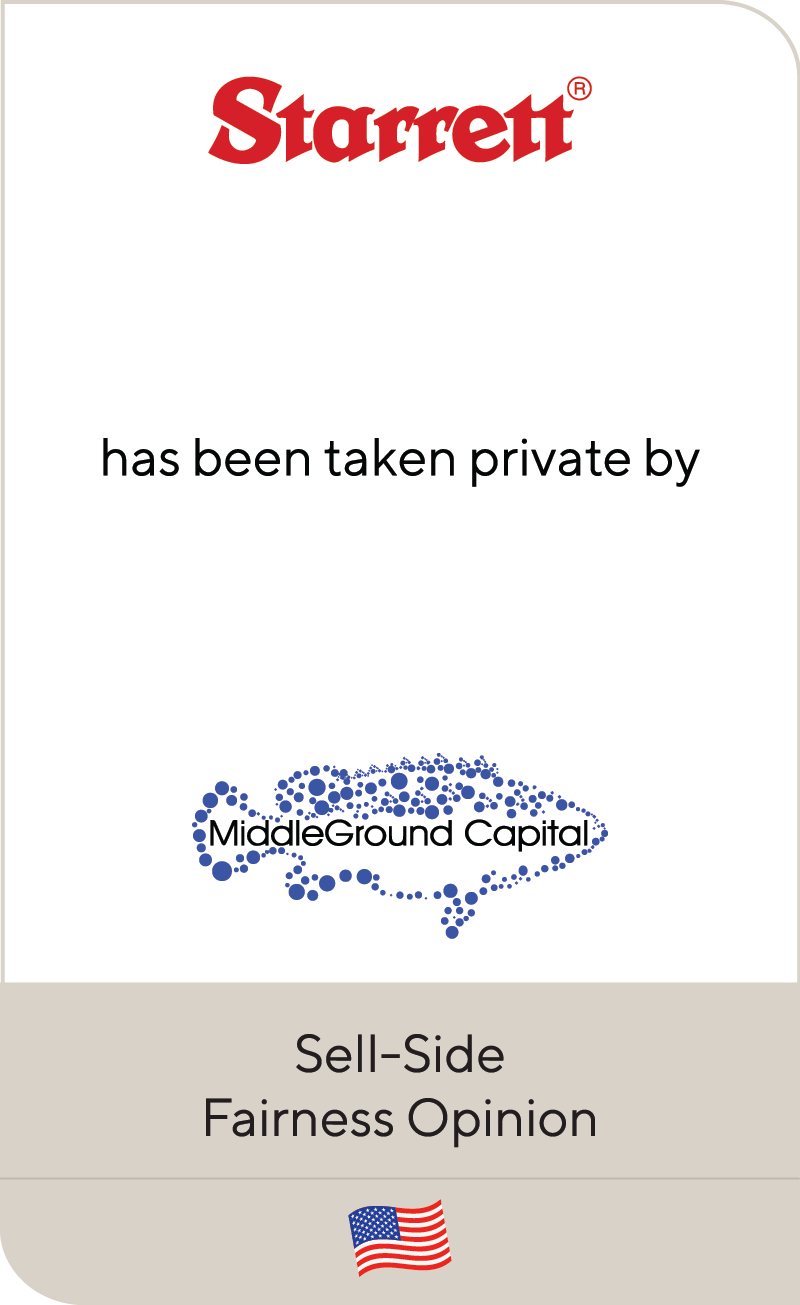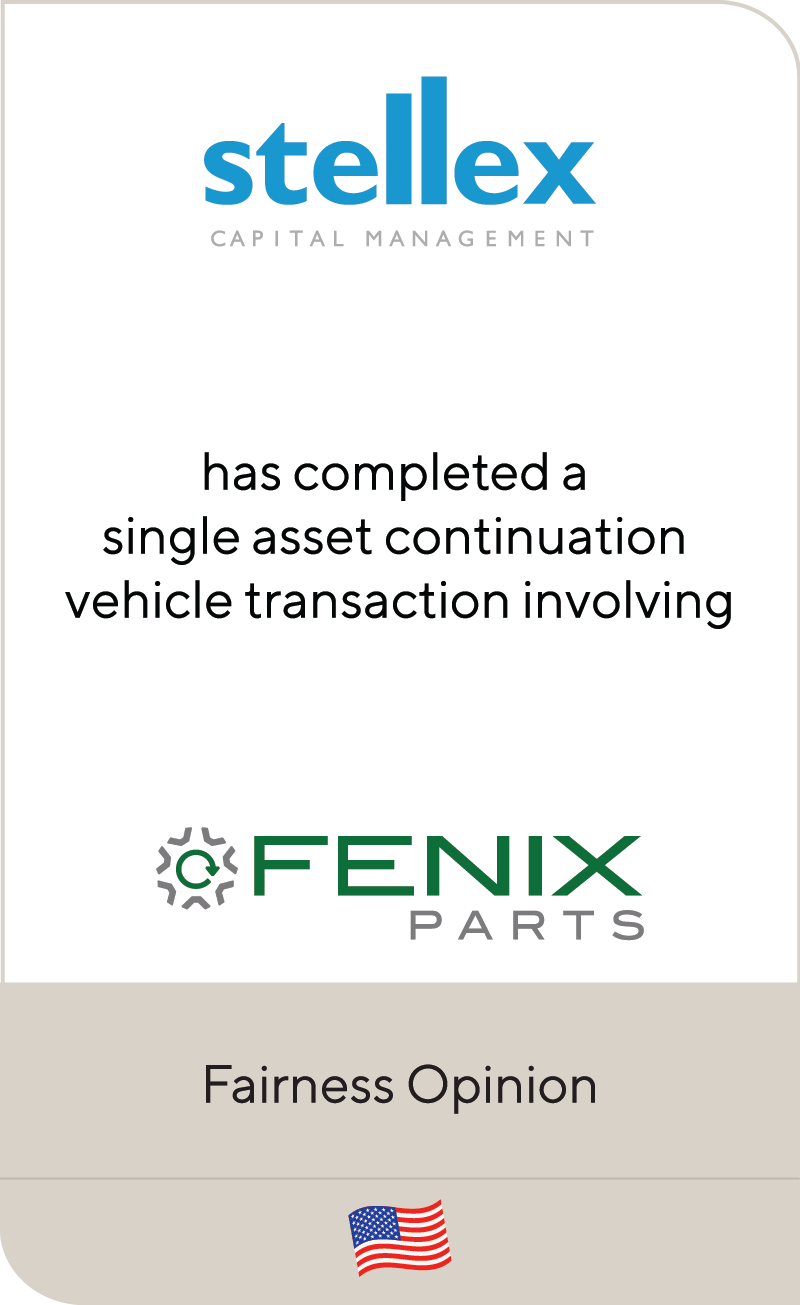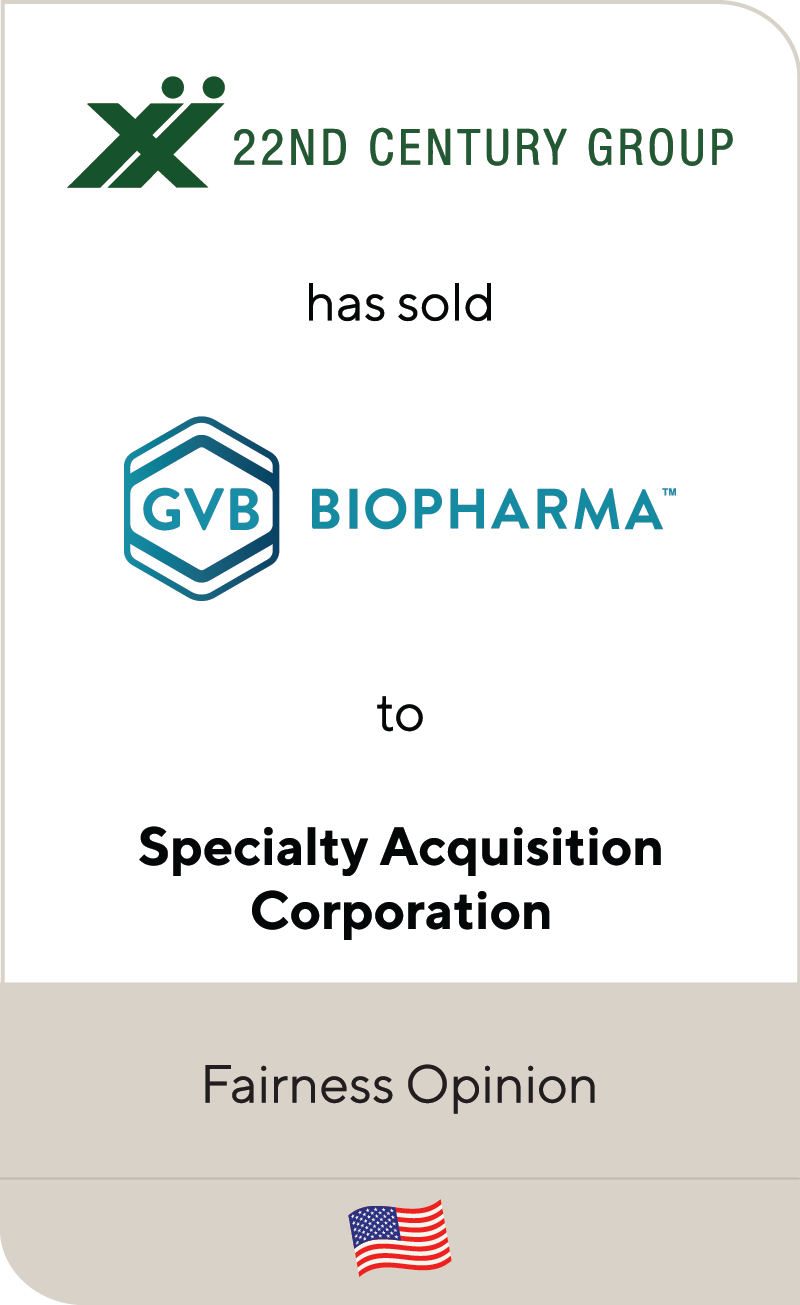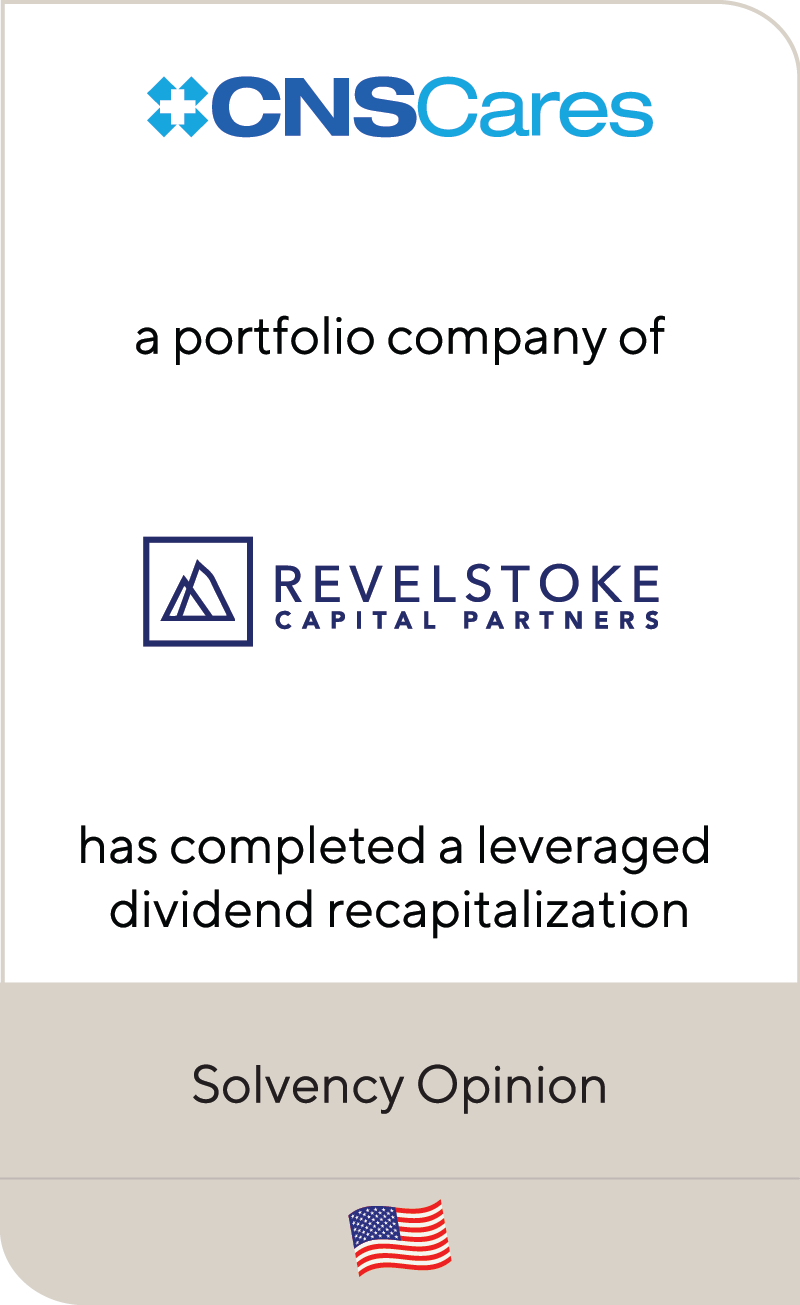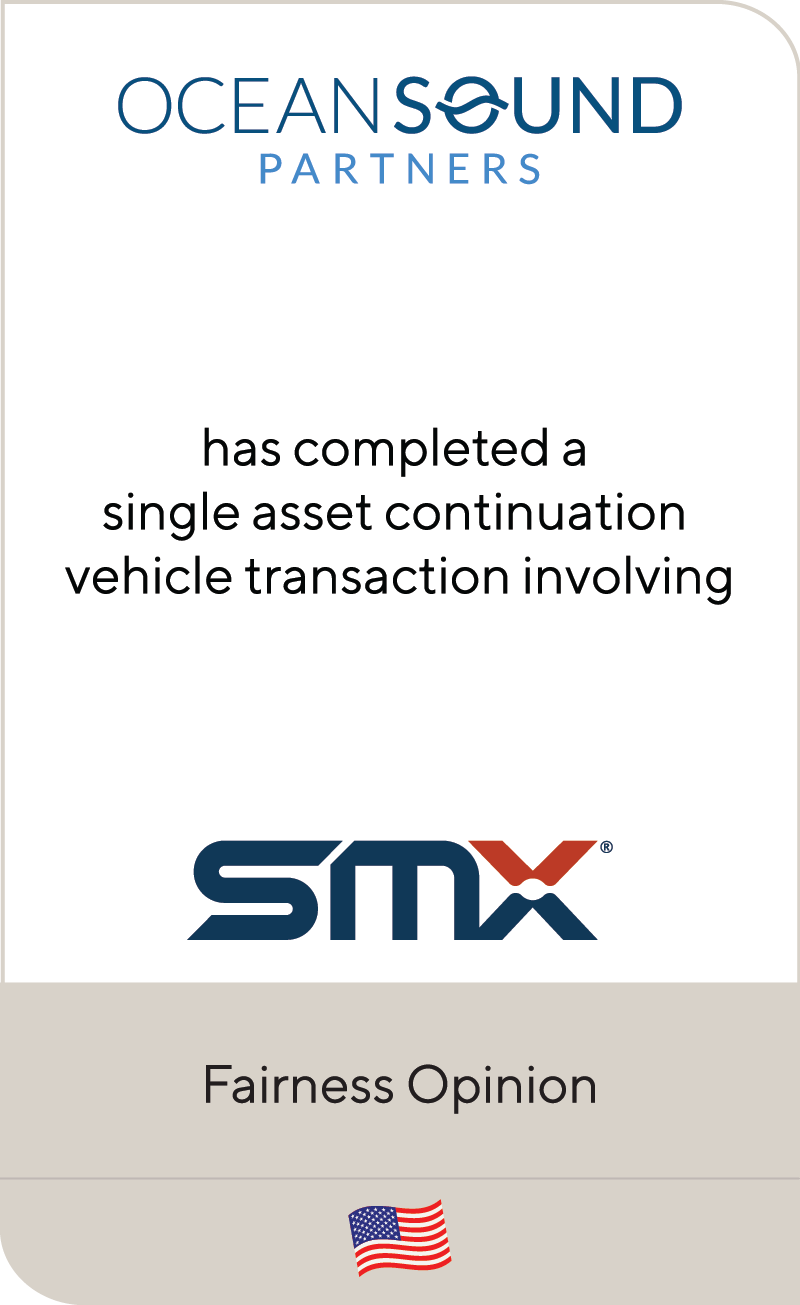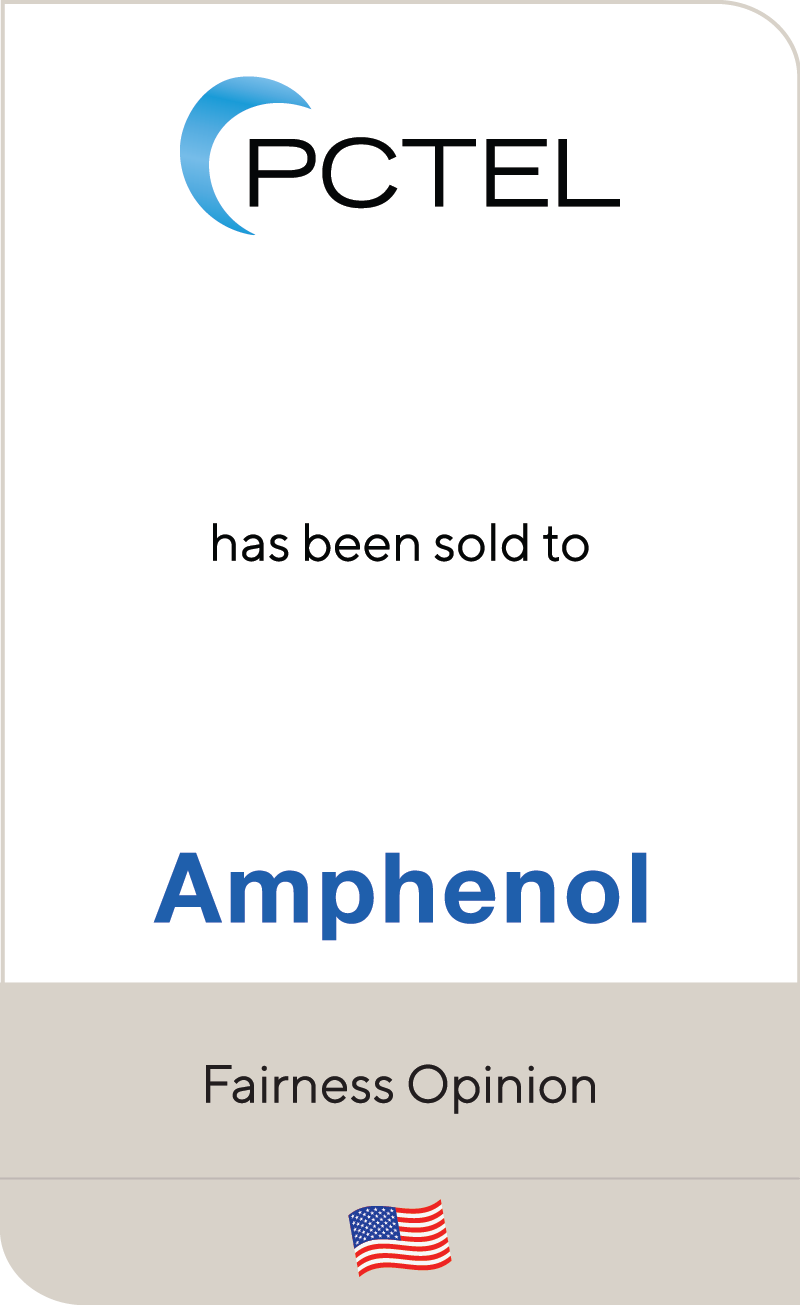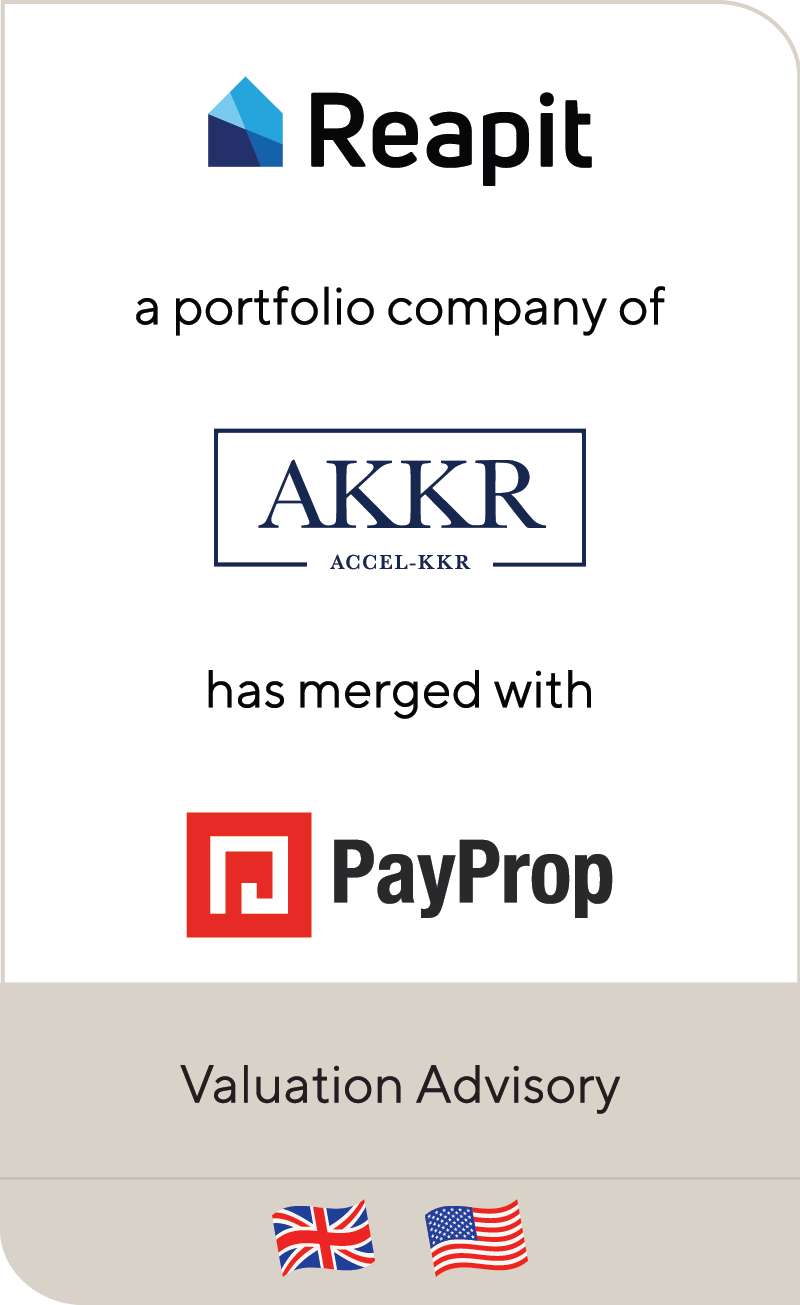Lincoln Private Market Index Modestly Increases, but Private Markets are Beginning to Cool Off
Nov 2022
Amid public market volatility, private company valuations held up, but cracks are showing
The Lincoln Private Market Index (Lincoln PMI), the only index that tracks changes in the enterprise value of U.S. privately held companies, increased 1.9% in the third quarter. The increase was driven by earnings performance of the underlying constituents outpacing contraction observed in enterprise value multiples. While the average year-to-date EBITDA growth YoY was approximately 1.6%, the average multiple of private companies tracked by Lincoln International was approximately flat at 10.8x in Q2 vs. Q3. Interestingly, excluding TMT companies, the multiple in Q3 would have declined to 10.5x.
In contrast to the stability observed in the Lincoln PMI, the S&P 500 suffered from another quarter of volatility in Q3. Notably, from June 30 to September 30, the market capitalization of the S&P 500 declined 5.3%. However, on closer examination, most of this decline came during the last week of the third quarter as the S&P 500 was approximately flat through September 21 and was only down 1.8% through September 28.
“The performance of the Lincoln PMI relative to the S&P 500 during the third quarter continues to highlight one of the defining features of private markets,” noted Steve Kaplan, Neubauer Distinguished Service Professor of Entrepreneurship and Finance at the University of Chicago Booth School of Business, who assists and advises on the Lincoln PMI. “Over the long run, private equity (buyout) investments have consistently outperformed the S&P 500. In this volatile quarter, private companies’ earnings growth and flat multiples combined to lead to outperformance relative to the public markets. It will be fascinating to see if this trend persists if the economy hits the rough spot that is widely predicted.”
Revenue Growth Outpaces the Rate of Inflation, but Margins Continue to Slip
Despite consumers tightening their belts as inflation permeated the economy, year-to-date revenue growth continued to be robust in the third quarter as private companies passed along higher prices to their customers. On average, year-to-date revenue growth across all industries was 12.2%, with approximately 80% of private companies demonstrating revenue growth in the third quarter. While all industries exhibited growth, consumer and healthcare companies demonstrated growth rates lower than those in 2021.
In spite of these favorable demand trends, only approximately 54% of private companies experienced year-to-date EBITDA growth as cost pressures proved difficult to overcome. No industry was spared from the impacts of rising costs on their margins as even asset-lite businesses such as those in business services and technology suffered from inflated labor costs. As a result, across all industries, EBITDA margins declined 1.9%. On a brighter note, elevated freight costs which suppressed earnings late in 2021 and early in 2022 have largely subsided, providing an offset to rising labor, commodity, and other input costs for private companies. In fact, some sponsors have created add-backs to EBITDA for elevated freight expenses to normalize for the effects of the burden that is still impacting companies’ LTM results.
“You could feel the tone shifting in the late summer months, and now you are seeing it come through reported financials,” noted Ron Kahn, Managing Director and co-head of Lincoln’s Valuations & Opinions Group. “While few companies will be immune to compressing margins, the winners will be those that have strong liquidity profiles and are properly managed to weather the storm ahead.”
Private Markets Cool Off as Fewer Deals Close & the Lending Environment Evolves
As a result of macroeconomic pressures and the aforementioned margin compression, private investors continued their shift to a risk-off attitude in Q3 2022 and focused investing in only “A+” quality assets. As such, the number of deals closed slowed with Lincoln International’s proprietary market database capturing 35% fewer new buyout transactions YTD in 2022 as compared to the year prior. Additionally, while buyout transaction multiples remained at similar levels to the Q4 2021, clocking in at 13.8x, new transactions were concentrated in the TMT, healthcare, and business services industries.
Deal volume has also been impacted by the evolving private credit markets. Lincoln International has observed that credit spreads have widened, on average, 100 basis points in 2022, with most of that widening coming in the second and third quarters. Wider spreads are coupled with higher equity cushion requirements, with lenders expecting a larger check to be written by private equity sponsors. Lincoln International has observed that cushion requirements in new deals in 2022 have been closer to 50%, and many times even higher, whereas in recent years cushion requirements were closer to 40%. Original issue discounts (“OIDs”) on new transactions have ranged between 97% and 98% as compared to between 98% to 99% in 2021. These OIDs serve as further yield enhancement above and beyond the aforementioned spread increases to compensate lenders for heightened risk.
As a result of these market dynamics, the average fair value of loans in the Lincoln Senior Debt Index (LSDI) decreased once again from 97.4% in the second quarter to 96.8% in the third quarter.
What lies ahead?
Fixed charge and interest coverage ratios are once again at the forefront as the compounding effects of rising rates, wider spreads, and compressing margins create a perfect storm for private companies. In Q3, the average interest coverage ratio of private companies was 2.2x, down from 2.4x in Q2. However, these metrics are imperfect given they reflect trailing interest expense and earnings. By just considering the effects of the spread and rate increases in Q3, but holding earnings constant, interest coverage ratios would be closer to 1.6x.
While default rates still remain below the two-year average, they have continued to creep up with the average default rate in Q3 increasing to 3.7% from 3.0% in Q2 and compared to a two-year average of 3.4%.
“While private company valuations have held up thus far through the third quarter, in the last four weeks, there has been a noticeable tone shift for private market participants,” noted Kahn. “A confluence of factors including rising rates, continued cost pressures, and recessionary fears has put a damper on the outlook for the remainder of 2022 and leaves many to wonder what 2023 holds.”
About the Lincoln Private Market Index & Lincoln Senior Debt Index
The Lincoln PMI is the only index that tracks changes in the enterprise value of U.S. privately held companies—primarily those owned by private equity (PE) firms. With the Lincoln PMI, PE firms and other investors can benchmark private companies’ performance against their peers and the public markets.
This index is differentiated from other indices as it (1) tracks enterprise values of private companies over time, (2) is based on valuations rather than executive surveys and (3) covers a wide sampling of companies across a range of private equity firms’ portfolios.
The Lincoln PMI seeks to measure the variation in private companies’ enterprise values by analyzing the aggregate change in company earnings as well as the prevailing market multiples for approximately 900 private companies, each generating less than $100 million in annual earnings. The index is calculated using anonymized data on an aggregated basis by Lincoln’s Valuations & Opinions Group, which has distinctive insights into the financial performance of thousands of portfolio investments of financial sponsors, business development companies and private debt funds.
The methodology was determined by Lincoln International in collaboration with Professors Steven Kaplan and Michael Minnis of the University of Chicago Booth School of Business. While other indices track changes to a company’s revenue or earnings, the Lincoln PMI is different in that it tracks the total value of these companies. Significantly, the large number of private companies used to create the Lincoln PMI helps ensure that the confidentiality of all company-specific information used in the Index is maintained.
Further, in 2020, Lincoln launched the LSDI which provides insight into the direct lending market as a fair value index tracking the total return, price, spread and yield to maturity of direct lending securities. The index is developed using much of the same data as the Lincoln PMI and the methodology was determined by Lincoln in collaboration with Professor Pietro Veronesi of the University of Chicago Booth School of Business.
Important Disclosure
The Lincoln PMI is an informational indicator only and does not constitute investment advice or an offer to sell or a solicitation to buy any security. It is not possible to directly invest in the Lincoln PMI. Some of the statements above contain opinions based upon certain assumptions regarding the data used to create the Lincoln PMI, and these opinions and assumptions may prove incorrect. Actual results could vary materially from those implied or expressed in such statements for any reason. The Lincoln PPMI has been created on the basis of information provided by third-party sources that are believed to be reliable, but Lincoln International has not conducted an independent verification of such information. Lincoln International makes no warranty or representation as to the accuracy or completeness of such third-party information.
-
The Lincoln Private Market Index tracks changes in the enterprise value of U.S. privately held companies. In the third quarter of 2022, the index increased 1.9%.
- Click here to view the full Q3 2022 Lincoln Private Market Index.
- Sign up to receive Lincoln's perspectives
Meet Our Senior Team in Valuations & Opinions

I enjoy the opportunity to provide clients with insightful and unbiased advice that will help them make the most informed decisions possible.
Ron Kahn
Managing Director & Co-head of Valuations & Opinions
ChicagoPerspectives & Publications

Investors in Healthcare | Q&A with Lincoln Professionals
Originally posted by Investors in Healthcare on July 25, 2024. Lincoln International, the U.S.-headquartered global investment banking advisor, is a well-known name in the European healthcare markets, providing advice to… Read More

In the Headlines: Q1 2024 Lincoln European Valuation Insights
Lincoln International’s Valuations & Opinions Group recently shared findings from its proprietary European valuation insights with several publications. Bloomberg Private Debt Investor Prequin

Webinar | Valuations & Opinions Group Q2 2024 Private Market Webinar
Thank you for your interest in Lincoln’s Webinar: Valuations & Opinions Group Q2 2024 Private Market Webinar. All request submissions will be evaluated and a member of our team will… Read More

City A.M. | UK Acquisition Deals Fall to Pandemic Low as Foreign Eyes Turn Away from London
Originally posted by City A.M. on June 4, 2024. UK M&A fell to its lowest in March since 2020, with foreign firms’ purchases of British businesses nearly halving over Q2.… Read More












